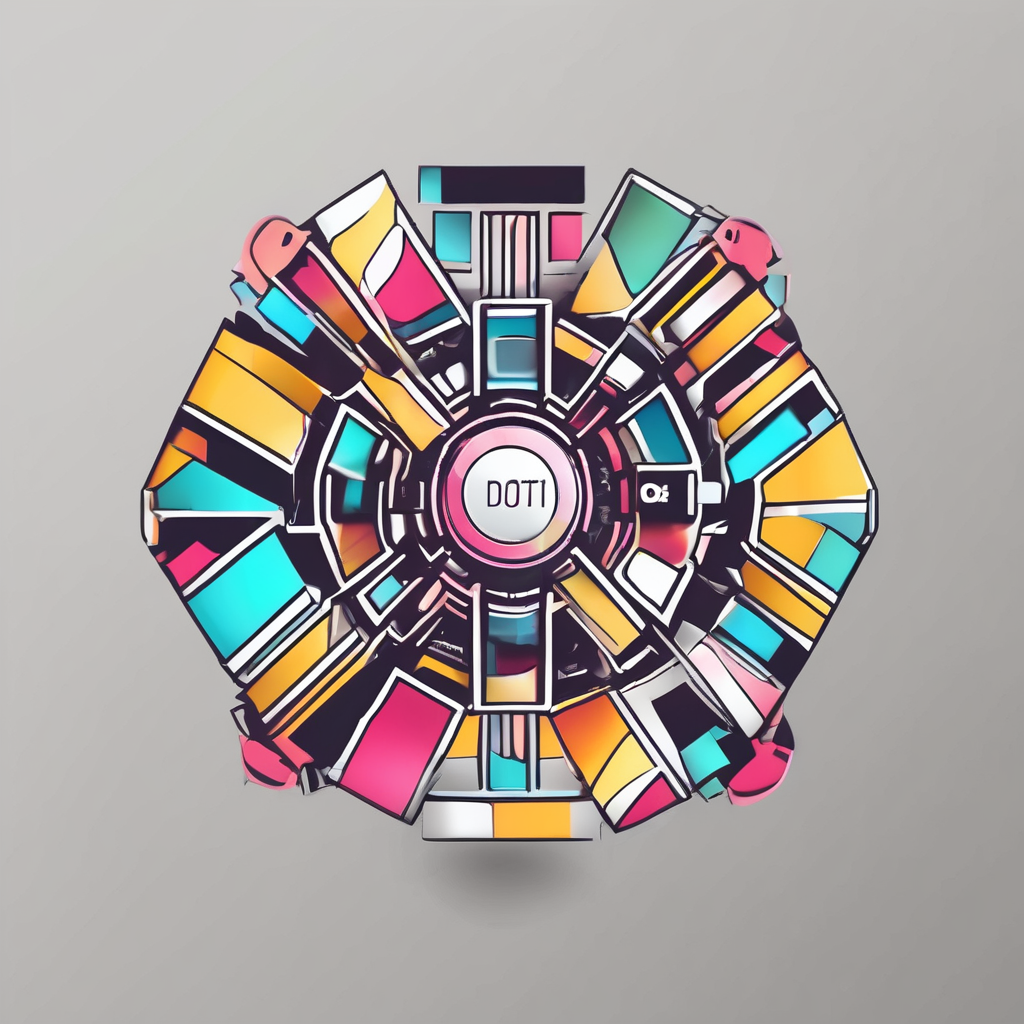Key Cultural Shifts Redefining British Society
The UK cultural changes in recent decades prominently feature major demographic transformations. One of the most significant drivers has been immigration UK, which has enriched the ethnic diversity across the country. This influx has introduced new languages, customs, and perspectives, fostering a multicultural landscape unlike the historically more homogeneous society. Such demographic shifts have reshaped community interactions and contributed to a more pluralistic British identity.
Alongside immigration, the technological influence plays a pivotal role in altering daily life and societal habits. The digital age has integrated technology into virtually every aspect of social and work life, from communication to entertainment and education. The ubiquity of smartphones, social media platforms, and online services has redefined social norms, enabling more connected yet sometimes fragmented experiences. This digital revolution affects how people engage with culture and community, often blending global influences with local customs.
Also to discover : What measures is the UK implementing to combat cyber threats?
The effects of globalization also deeply impact local traditions and values within Britain. Global trade, media, and travel have made external cultural products and ideas more accessible, leading to the fusion of traditional British practices with international elements. While some fear eroding native customs, globalization also offers opportunities for cultural exchange and economic growth. It cultivates a dynamic society that continually reinterprets its heritage in a broader, interconnected context.
In summary, the interplay between immigration UK, technological influence, and UK globalization drives a significant societal transformation UK, redefining how British society functions and perceives itself today.
Also to read : How Is Climate Change Affecting the UK’s Coastal Regions?
Changing Family Dynamics and Relationships
The UK family structure is undergoing significant transformation, with traditional household models giving way to more diverse forms. Modern relationships UK increasingly encompass single-parent families, cohabiting couples without marriage, and blended families formed through remarriage or partnership changes. This evolution reflects broader societal acceptance of varied lifestyles and a shift away from conventional norms.
Gender roles and parenting expectations have likewise shifted. Contemporary families often share child-rearing and domestic responsibilities more equally, challenging historical stereotypes. Mothers and fathers engage in caregiving with greater flexibility, influenced partly by evolving employment patterns and social attitudes. This change supports more balanced partnerships and aligns with the diversification of household roles.
Multicultural backgrounds brought by immigration UK further influence relationship norms. Cultural diversity introduces different perspectives on family life, marriage ceremonies, and intergenerational living arrangements, enriching the societal fabric. Families often blend traditions from multiple cultures, fostering new social practices and a greater understanding of pluralism in daily life.
In summary, the redefinition of societal norms family underscores a dynamic landscape where personal choice, equality, and cultural integration shape UK family life today.
Workplace Diversity and Inclusion
Workplace diversity UK has become a defining feature of the modern employment landscape, with companies increasingly recognizing the value of cultural diversity employment. This shift is driven by the understanding that diverse teams foster innovation, better decision-making, and stronger connections with a varied customer base. Inclusion UK policies ensure that organizations actively support minority representation, combat discrimination, and create equitable opportunities for all employees.
Employment practices in the UK now emphasize not only recruiting from diverse backgrounds but also retaining and promoting talent from underrepresented groups. Gender equality in leadership positions has gained prominence, with deliberate efforts to close gaps in senior roles. This has led to a more balanced representation of women and ethnic minorities in management, reflecting broader societal transformation UK trends.
Flexible working arrangements contribute significantly to inclusion UK by accommodating different needs and lifestyles. Remote work, flexible hours, and supportive parental leave policies help challenge traditional concepts of professional success. Such flexibility enables a more inclusive environment where varied employees can thrive, enhancing overall workplace productivity and satisfaction.
Incorporating workplace diversity UK means addressing cultural differences constructively, fostering mutual respect and understanding among colleagues. Organizations that embed inclusion UK principles are better equipped to navigate demographic changes brought by immigration UK and reflect the multicultural fabric of contemporary British society.
Evolving Social Attitudes and Community Values
The social attitudes UK landscape has notably shifted, reflecting greater acceptance and inclusivity regarding race, sexuality, and religion. These changes signify a move away from historic prejudices toward embracing diversity as a societal strength. Surveys consistently reveal increased support for LGBTQ+ rights and more open dialogue around religious pluralism, highlighting a deeper commitment to equality and respect within UK community cohesion.
In tandem with these evolving attitudes, civic engagement in the UK has experienced a visible rise. Grassroots activism flourishes, driven especially by younger generations passionate about social justice, environmental causes, and political reform. This surge fosters stronger UK community cohesion by empowering individuals to participate directly in shaping their local and national environments, bridging gaps between diverse groups.
Traditional customs and rituals are also adapting to align with changing values in Britain. Many communities reinterpret longstanding practices to be more inclusive or relevant to contemporary lifestyles. This dynamic process allows heritage to coexist with progressive ideals, ensuring customs remain vibrant and meaningful within an increasingly diverse society. Such adaptability is a key element of ongoing social attitudes UK transformation and illustrates Britain’s commitment to evolving alongside its people.
Case Studies and Research Insights on Cultural Transformation
Recent research on UK society highlights how younger generations perceive and adapt to ongoing UK cultural changes. Studies reveal that youth increasingly embrace multicultural identities, blending traditional British values with global influences through digital connectivity and diverse social environments. This has fostered more fluid notions of identity and belonging, reflecting broader societal transformation UK.
Expert opinions British culture provide further clarity on these trends. Sociologists note that immigration UK contributes not only to demographic diversity but also to evolving cultural practices that redefine community norms. Cultural commentators emphasize how technological influence facilitates cross-cultural exchange, allowing individuals to engage with multiple traditions while maintaining local ties. This dual engagement is a key factor in successful cultural integration within modern Britain.
Notable case studies exemplify the practical outcomes of these shifts. For example, urban areas with high immigration UK populations often exhibit innovative blending of cuisines, languages, and festivals, demonstrating adaptive social cohesion. Similarly, workplaces adopting inclusive values showcase improved collaboration and creativity, reinforcing the positive impact of embracing diversity. Together, these insights illustrate how dynamic cultural transformation UK is actively shaping British society’s present and future.
Broader Implications and Future Outlook
Understanding the future UK societal norms requires examining how ongoing trends in diversity and technological influence will evolve. As British society trends continue shifting toward inclusivity and multicultural integration, we can expect further blending of cultural identities. This fusion encourages societies to embrace complexity, where individuals often navigate multiple heritages simultaneously, contributing to a richer social fabric.
One critical challenge involves managing the pace of change amid persistent inequalities. While long-term cultural impact UK appears positive in fostering openness and acceptance, disparities related to economic status, education, and access to digital resources may slow progress. Addressing these gaps through targeted policies will be essential to ensuring that benefits of societal transformation UK reach all communities.
Looking ahead, the integration of technological influence into daily life is poised to deepen. Innovations in communication and data accessibility will reshape educational systems and public services, demanding adaptations in policy and infrastructure. This evolution offers opportunities for enhancing civic engagement and creating more responsive governance structures aligned with diverse populations’ needs.
Community planning and education systems must also adapt proactively. Embedding cultural competency and digital literacy from early stages will prepare future generations to thrive within an interconnected Britain shaped by immigration UK and globalization. Such initiatives support sustainable societal transformation UK by fostering inclusive environments that value and leverage diversity.
In summary, the future landscape of British society hinges on balancing innovation with equitable inclusion. By anticipating these dynamics, policymakers and communities can collaboratively navigate complex changes, ensuring a cohesive and adaptable society that reflects the full spectrum of its people.


